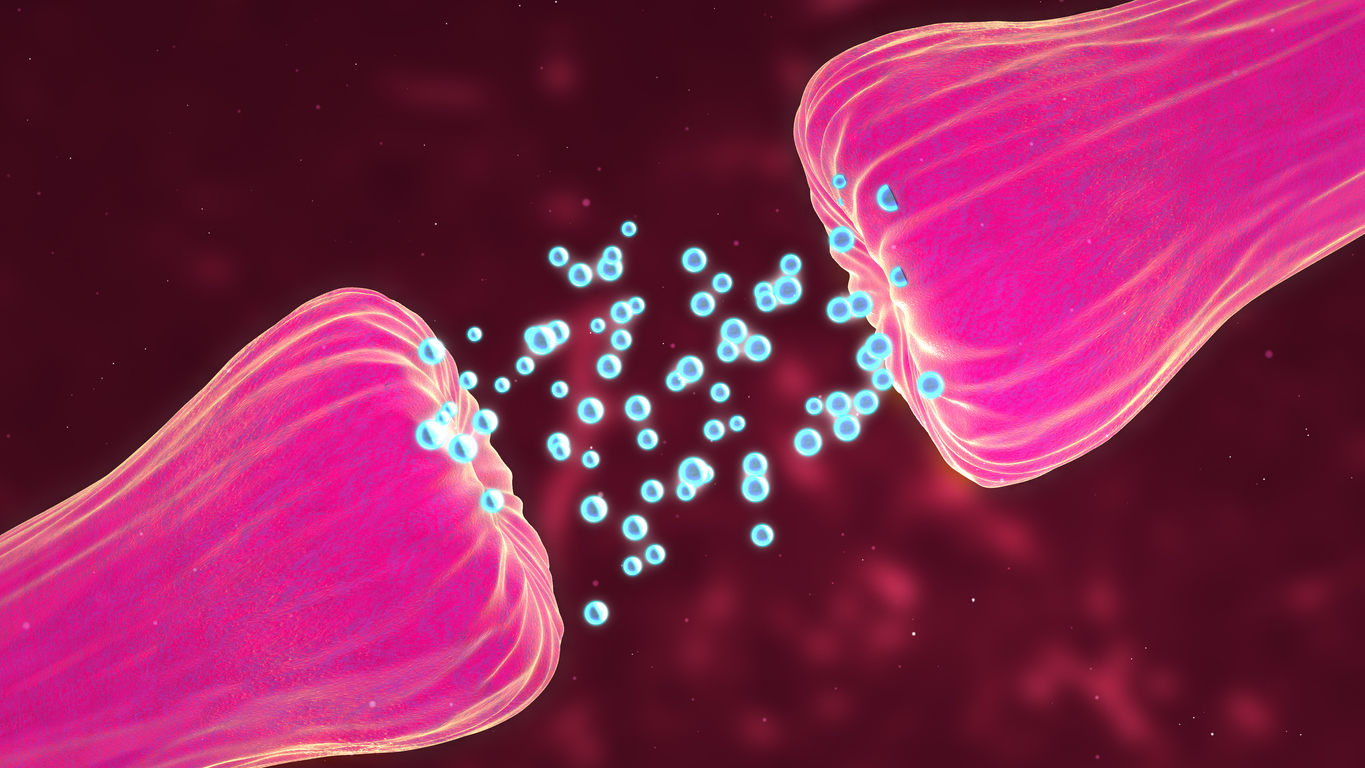A new study found that the risk of neurodegenerative disease was more than twice as high in former Scottish international rugby union players as it was in the general population.
To lower the incidence of head impacts and traumatic brain injuries, rugby experts are now urging for “radical reforms.” Some of the adjustments suggested involved lowering the minimum number of games that participants are required to attend and doing away with all contact training during the competitive season.
Rugby organizations should think about limiting the quantity of rugby we witness and removing intensive training as much as possible rather than expanding seasons and introducing additional tournaments.
Methodology and Results.
In the retrospective cohort study, which was written up in the Journal of Neurology, Neurosurgery, and Psychiatry, the two groups were compared using national computerized records on death certification, hospital admissions, and prescribed medications. The results show that 121 former rugby players and 381 members of the comparison group passed away throughout the observation period.
Compared to little more than 76 years for the control group, former rugby players had a life expectancy of over 79 years. Until the age of 70, they likewise had lower total death rates; after that point, there was no difference.
In comparison to the control group (67, 5.5%), former rugby players (47, 11.5%) had a risk of neurodegenerative disease that was more than twice as high (HR 2,67, 95% confidence interval 1.67 to 4.01).
There was a nearly two-fold increase in the likelihood of dementia (HR 2.17, 95% CI 1.26 to 3.72), a three-fold increase in the likelihood of Parkinson’s disease (HR 3.04, 95% CI 1.51 to 6.10), and a fifteen-fold increase in the likelihood of motor neuron disease/amyotrophic lateral sclerosis (HR 15.17, 95% CI 2.10 to 178.96).
The placements of the players on the field also had nothing to do with these risks.
The cause of the higher risk of motor neuron disease is unknown, and knowing the mechanism will be crucial for future preventive treatments, according to Virginia Newcombe, critical care and emergency medicine consultant. It is likely that repeated head impacts are the cause of the increased risk of dementia and Parkinson’s disease.
The study did however raise more problems than it answers, claims Brian Dickie, head of research development for the Motor Neurone Disease Association. Although the number of players affected by motor neuron disease is unknown, it is anticipated to be a small amount based on the information currently available. It is evident that far bigger populations must be included in this study, demanding strong cooperation between researchers and international rugby teams.
How about the women?
The researchers emphasized the need for future research on females because the majority of studies concentrate mostly on male athletes.
Although the health information for 37% of former rugby players who may have been eligible for inclusion matched, they had to be omitted since it was not available. The length of a rugby player’s career, a history of head impacts and traumatic brain injuries, or other potential dementia risk factors could not be taken into account by the researchers due to a lack of data.
The study was financed by the National Institute of Neurological Disorders and Stroke, the Football Association, the Professional Footballers Association, and NHS Research Scotland.
Story Source: Original press release by The BMJ. Note: Content may be edited for style and length by Scible News.
Reference.
Russell ER, Mackay DF, Lyall D, et al. Neurodegenerative disease risk among former international rugby union players. J Neurol Neurosurg Psychiatry2022;0:1-7.





